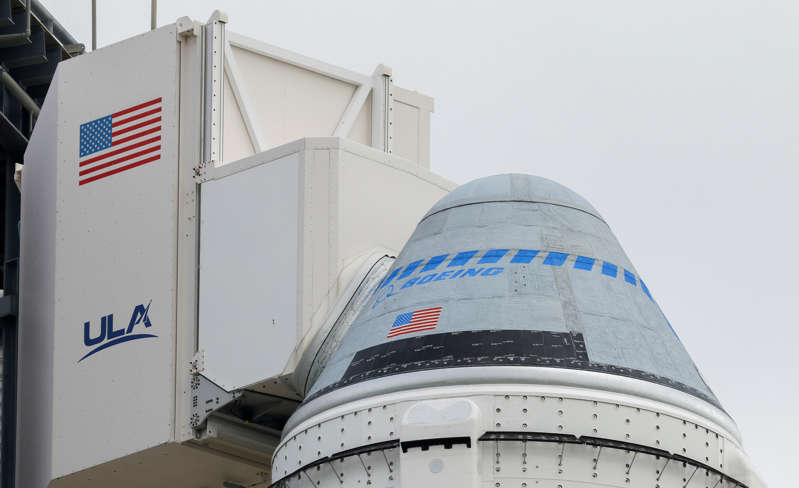NASA revealed to Roskosmos the cause of the problems with the Starliner spacecraft. This was reported by RIA Novosti with reference to a source in the rocket and space industry.
According to the interlocutor of the agency, the reason for the postponement of the launch of the Starliner was a malfunction in the valves of several low-thrust engines. It is noted that Boeing engineers are currently working to eliminate them, but NASA has no preliminary timeframe when the ship will be ready to return to the launch pad.
A source in the rocket and space industry also said that Russian experts asked NASA to keep them updated, as problems with the thrusters used to maneuver around the International Space Station (ISS) could be potentially dangerous to the ISS.
Earlier it was reported that the heavy rocket Atlas 5 with the Starliner spacecraft without a crew on August 3 did not start from the cosmodrome at Cape Canaveral in Florida (USA) due to an identified technical malfunction.
Commenting on this situation, the head of the press service of Roscosmos, Vladimir Ustimenko, called the earlier attempt to link the postponement of the Starliner launch with the Russian multifunctional laboratory module (MLM) Nauka ugly. “But what is not possible to understand is that NASA and Boeing are trying to blame the transfer of the Russian module Nauka in the presence of serious problems. Given that the weather was bad at the cosmodrome, and the ship and the rocket were returned back to the vertical assembly shop, what would not have been done if the transfer was really due to “Science”. This is ugly, ”wrote Ustimenko on Telegram.
On August 4, Starliner was supposed to dock to the ISS, and on August 9, it was to undock and four hours later land at the White Sands test site (New Mexico).
In July, RIA Novosti, citing the US space agency, reported that NASA had decided to postpone the Starliner test launch to the ISS due to the situation with Nauka. Roskosmos refused to consider the MLM incident as the reason for the postponement of the launch of this spacecraft.

